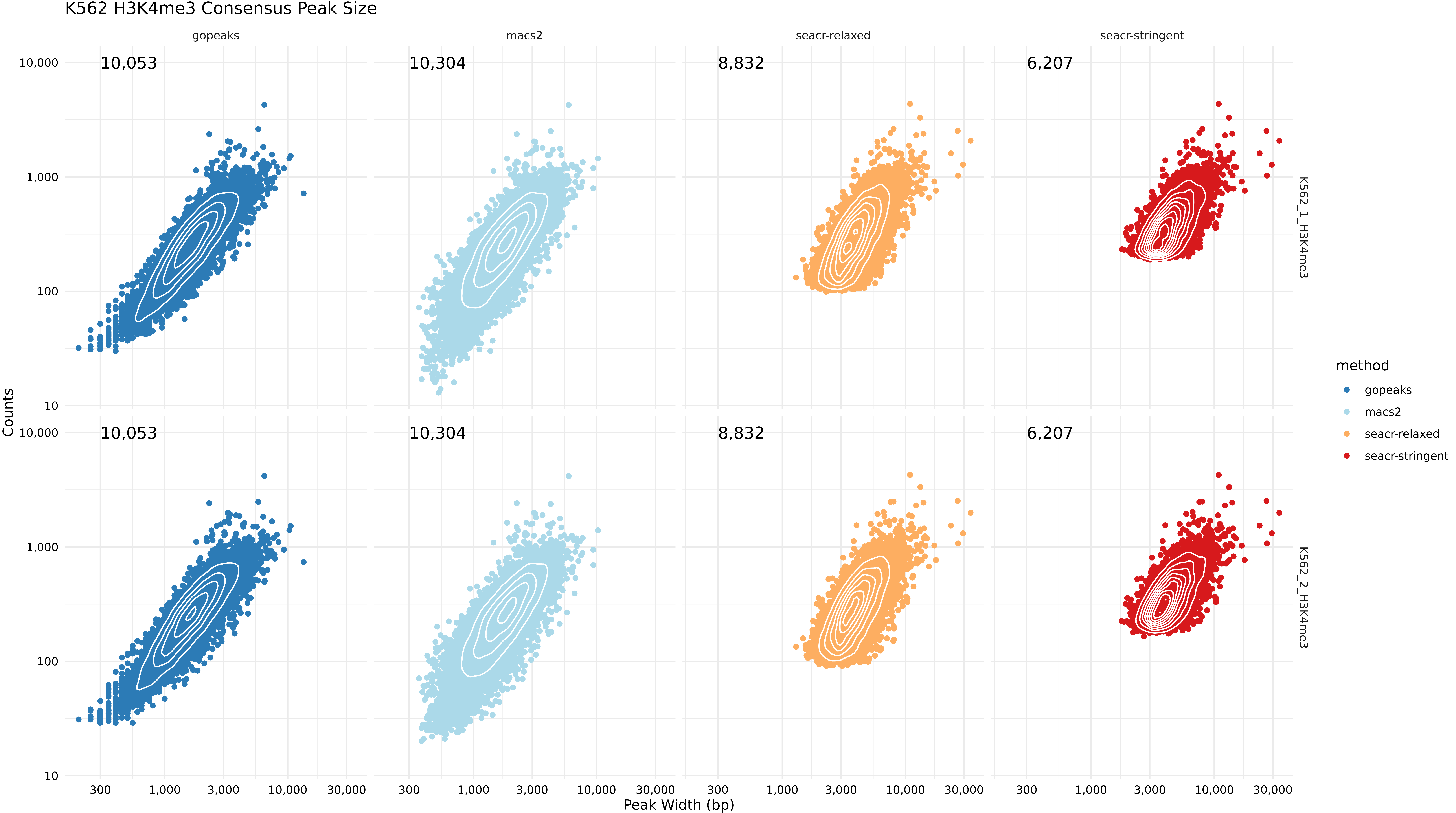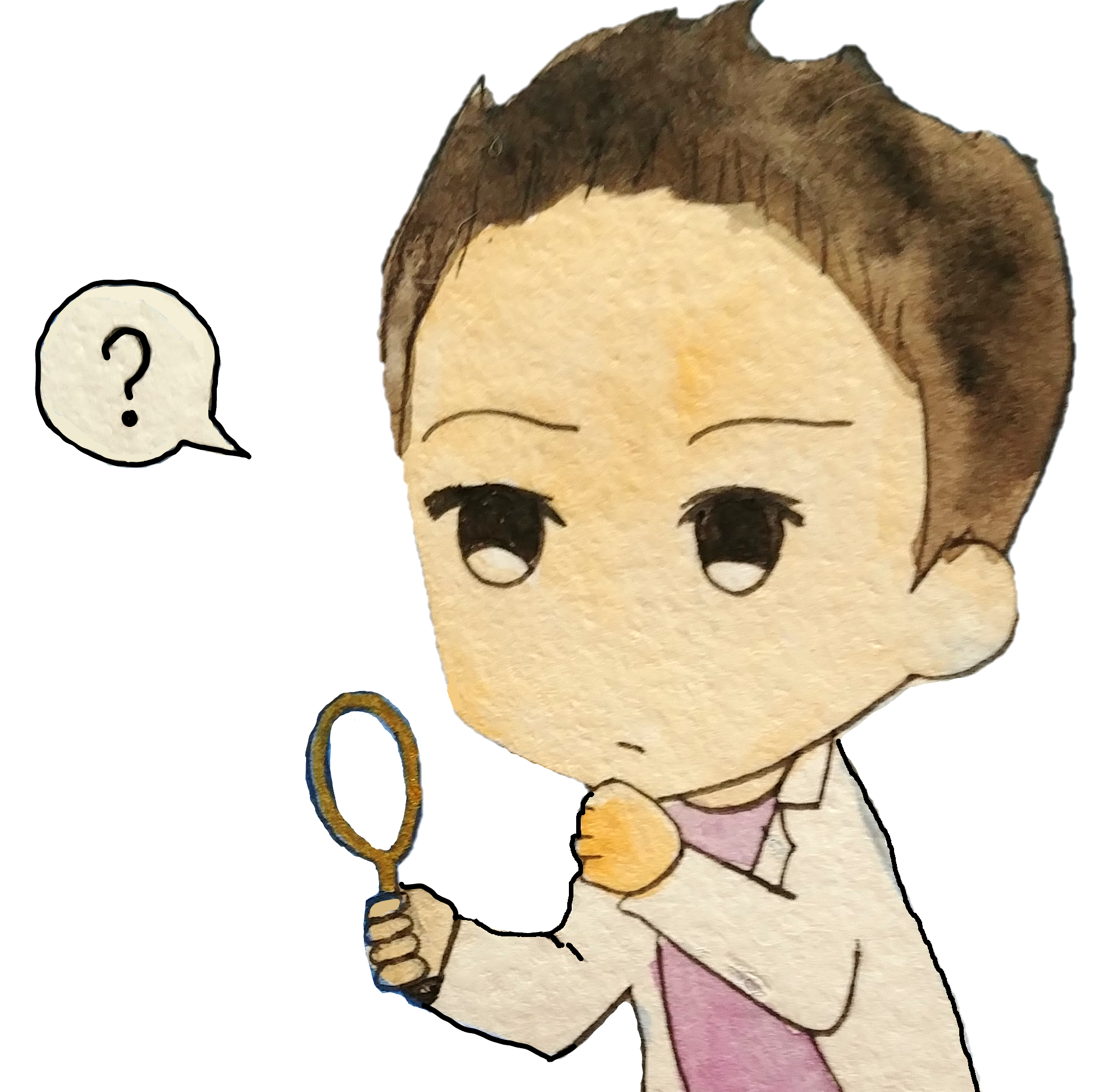
Comparing GoPeaks, MACS2, and SEACR peak profiles in CUT&TAG data. Source
You’ll be challenged in every imaginable direction
When I started, biology was my strong suit. But as projects matured, often new challenges arise in domains like stats and programming. In the face of so many new challenges, I learned to be open-minded about where I can grow. For example, I started as a tool user interested in biological systems like cancer and the microbiome. But being constantly challenged with new problems in statistics, programming, and software engineering, I have shifted my focus to being a tool maker. See my growing portfolio of work while you’re here!
Computational work isn’t better or worse than bench work
Computational work can discover hidden structures in the data and make strong correlations. But bench work is required to test those correlations and get closer to a mechanism in e.g. cancer. Bench and computational work complement each other like speed and direction, respectively, in a vector – both are needed to go somewhere.
Understand the biology before you code
Computational work is often an extension of a bench protocol or a meta-analysis across many datasets. And if the code does not respect specific biological constraints, like 5’ vs. 3’ sequencing or stranded vs. un-stranded libraries, you will not get the right answer. I have personally seen biological researchers with a strong domain knowledge get better results than experienced programmers. While computational work is abstract by nature, it should not feel disconnected from the underlying biology.
You become a practitioner when you start solving your own problems
During graduate school, I relied on my bosses to give me hints to solve my problems. This mindset helped me throughout school where the homework problems were solved, but in the real world nobody knows the answers. Once I took ownership of my projects, I quickly added more value to scientific discussions and developed my independence. Even after grad school, I still take my boss’s feedback to heart to explore the scientific abyss.
